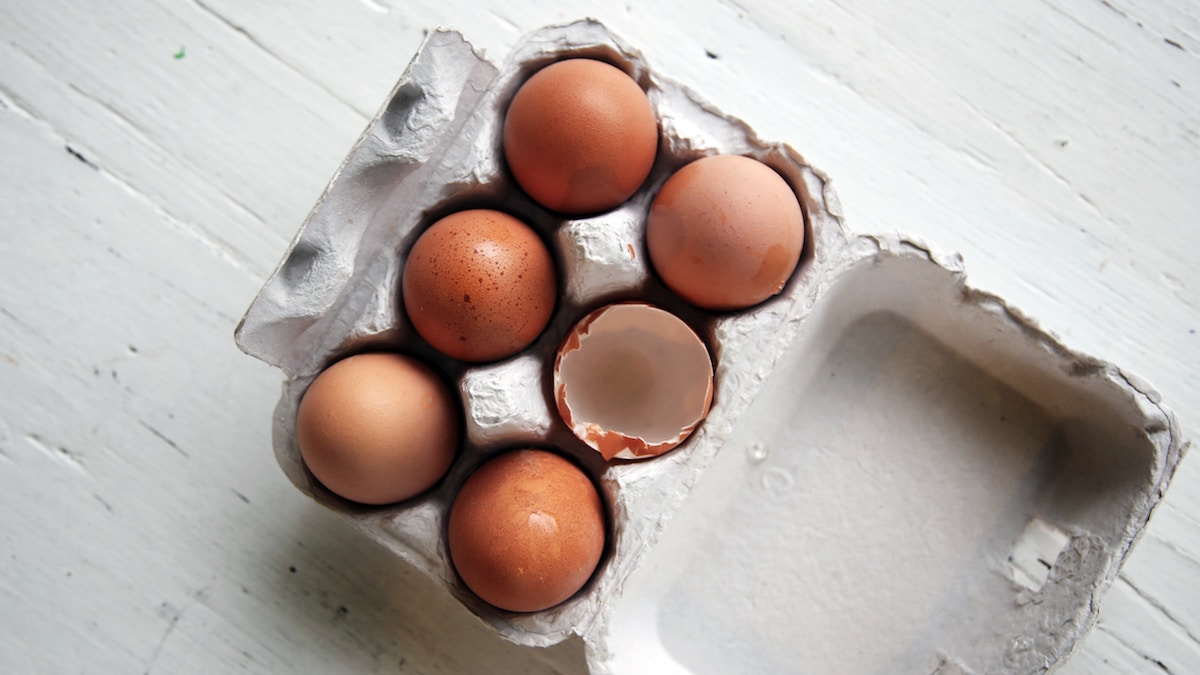How Much Protein Do I REALLY Need?
Katy Harvey, RD, CEDRD
We’ve all heard about the benefits of protein. It is an essential nutrient (which is an oxymoron because by definition all nutrients are essential). But our diet-obsessed culture has hijacked protein and put it on a pedestal as a nutrient that will promote weight loss and help us eat less of those “bad” carbs and fats. The result has been fad diets that are high in protein.
Because of this, many people are eating more protein than they need, which leaves the rest of their nutrients out of balance. The same thing happened when we used to tell people to avoid fat - they started displacing fat with other nutrients and we got out of balance then too.
What IS protein, and why does my body need it?
Protein is one of the three “macronutrients” that provide our body with energy in the form of calories. (The other two macronutrients are carbohydrate and fat.)
You can see below that protein serves important functions in the body, so it makes sense that we want to be sure to get enough of it. However, Americans have gone overboard, and most people are consuming plenty of protein without having to do extra protein powders, bars, or shakes.
Functions of protein:
• Backup energy source (your body prefers to use carbs as it’s primary source)
• Building blocks for tissues in your body (including organs and muscles)
• Enzyme synthesis
• Satiety - helps keep us full
• Immunity
• Cell signaling
• Oxygen transport
Let’s look at what happens if we get too much or too little protein. The key is finding balance and not being at either extreme.
What happens if you don’t get enough protein:
• Muscle breakdown
• Lack of satiety
• Irregular blood sugar patterns
• Poor wound healing
• Impaired immunity (get sick more often)
What happens if you get too much protein:
• Inadequate carb and/or fat intake
• “Brain fog” (related to protein displacing carbs and your brain not getting the glucose it needs)
• Kidney damage
• Dehydration
• Constipation
• Osteoporosis
• Kidney stones
• Increased risk of colon cancer
Recovery-Specific Protein Needs
Each of us has our own individual nutritional needs, protein included. So we can’t make blanket statements about what amount everybody “should” eat.
However, there are a few special considerations during the early stages of eating disorder recovery: healing, satiety, and balance.
1) Healing
The eating disorder behaviors tend to be destructive to the body, so in early recovery, it is a high priority for the body to repair any internal damage that has occurred. Even when a person feels “fine” and all of their medical tests look normal, there is usually damage done internally that needs to heal, including things like muscle breakdown, organ damage, and nutrient depletion.
Protein is one of the keys to this healing process. However, no amount of protein will matter if a person isn’t eating enough calories, to begin with. Because without sufficient calories, the protein will be used for energy just to keep you alive.
With enough calories (especially those from carbs), the protein can be used for tissue synthesis and repair.
Again, though, we don’t want to go overboard with the protein, because the carbohydrates and fats are equally as important. This is why your dietitian will be encouraging you to eat from all food groups and will guide you regarding amounts of each.
2) Satiety
Beyond the body’s needs for protein as a healing agent, the protein is also an important part of disrupting the eating disorder behaviors. This is because protein is high in satiety, meaning that it keeps us full. This is important for reducing urges to graze on food or to binge. Again, though, too much protein may get in the way of you being able to eat enough of other food groups.
3) Balance
Protein helps us balance out our food intake so we get a variety of nutrients, textures, and flavors. All of these factors are part of food being enjoyable and satisfying, which are key to recovery.
A few final thoughts
I can’t emphasize enough that just because some protein is good doesn’t mean that more is better.
Yes, we absolutely need protein for many reasons. AND we need carbohydrates and fats. Our culture has distorted the amounts of these nutrients that we need, leading people to believe they require more protein than they actually do and less carb and fat than is ideal.
It’s important for your recovery that you get a balance of all 3 macronutrients, which comes from eating a wide variety of food from all food groups. All foods have value.
Katy Harvey, RD, CEDRD, is a Certified Eating Disorder Registered Dietitian (CEDRD) from Kansas City. She has an outpatient private practice where she helps individuals heal their relationship with food, exercise and their body. She also blogs at Katy’s Blog.























